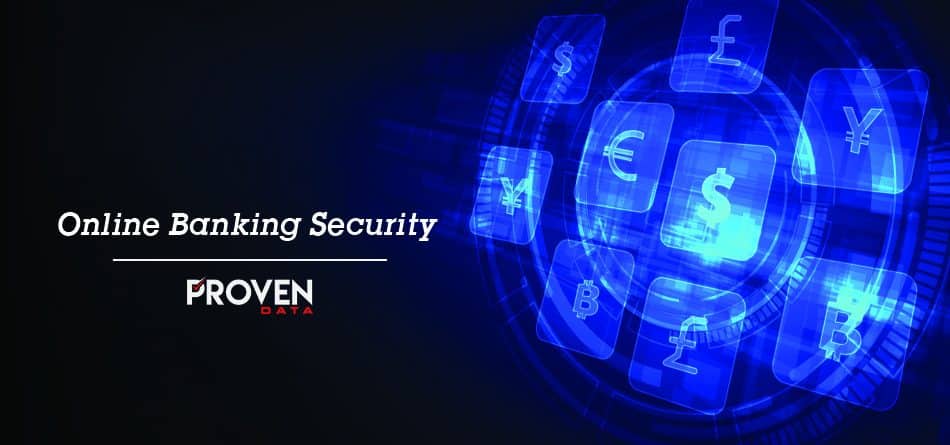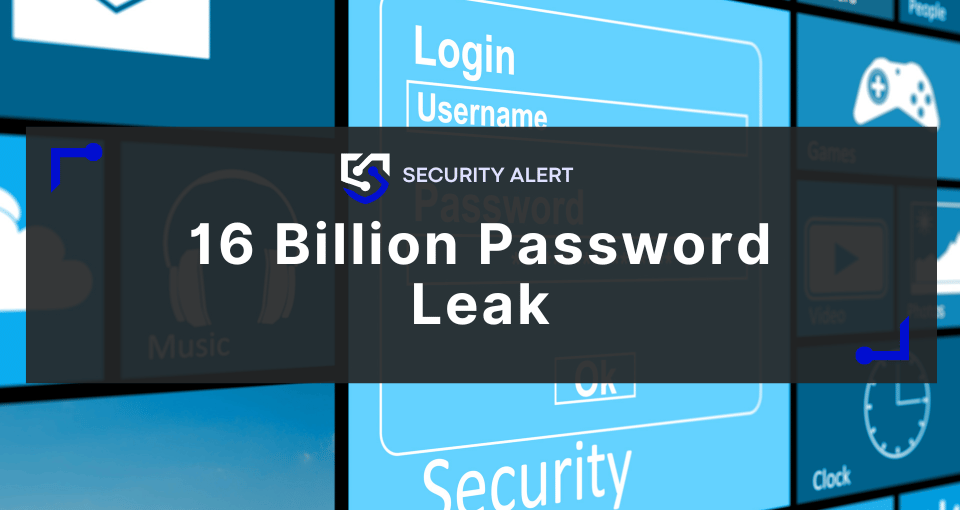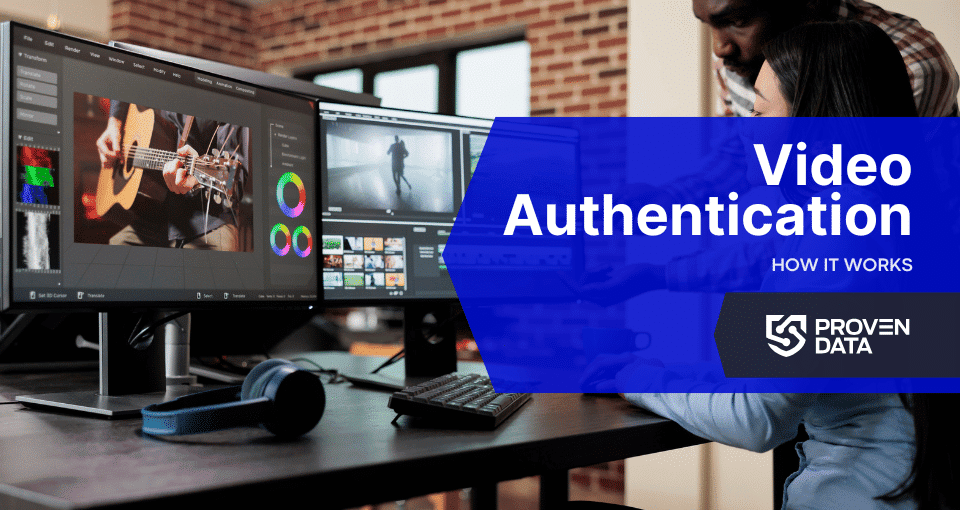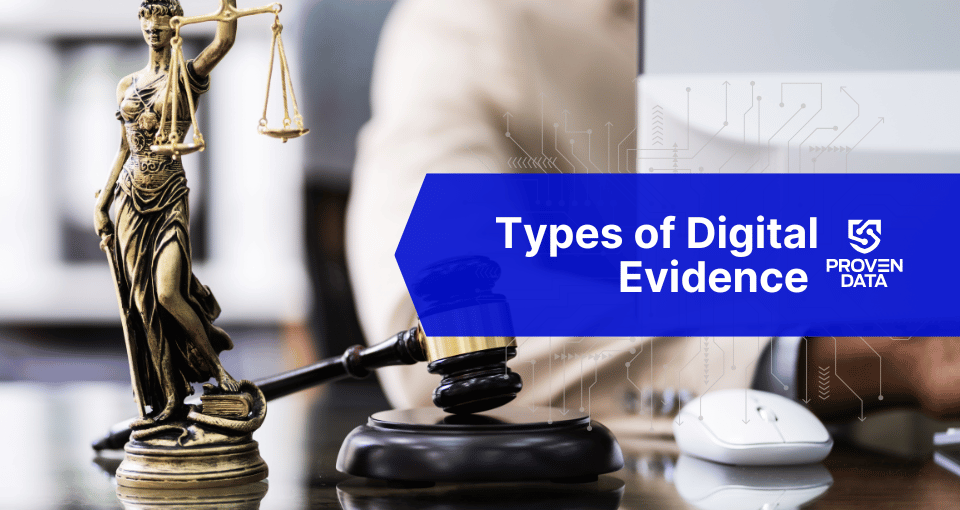As more Americans are turning to online banking to handle their financial transactions and interact with the economy, we must look for better ways to improve our digital security and protect our accounts with online banking security.
Why do we need online banking security?
Global banking consumers are turning towards digital banking solutions and financial technology “fintech” to manage their financial information and interact with businesses. A survey conducted in late 2017 by the American Bankers Association shows a growth in the use of digital banking such as using a smartphone to access account data and manage transactions. It is now easier than ever to use modern technology as a tool within the banking industry.
Not only does it supply a grand level of convenience to the user, it also helps promote the accessibility of banking and financial management to a wider audience of individuals who may not have access to brick-and-mortar banking. Just last year, App Annie reported that there were approximately 6.5 million average monthly active users who had interaction with a financial technology app such as online banking.
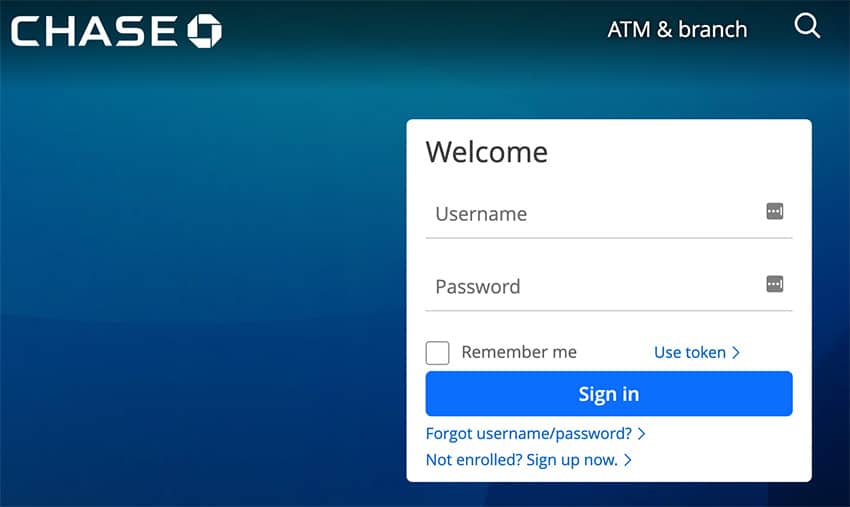
Banking online has become such a standard habit for most consumers because of the ease it brings to their everyday lives. You are able to deposit checks, send invoices, and transfer funds all with the tap of a few buttons on a smartphone. This ‘perpetual availability’ also means there are more opportunities for international trade, and helps to automate older, antiquated banking procedures and processes. Not only is this a trend in the United States, but we see the popularity rise worldwide with users who are more comfortable doing banking transactions right on their digital device. In countries where the financial sector is either unstable or corrupt, financial inclusion is a big element of the average consumer’s desire to engage in online banking, where their information data is stored with more trusted partners.
Companies such as Venmo and PayPal have taken their business model to global scales with their intuitive user interaction interfaces and other features that are incredibly modern. Also, the interaction with physical transaction methods has intertwined with the digitalization concept. A majority of retailers have advanced transaction systems such as NFC detectors and tap-to-pay that are compatible with these online banks. In the Summer of 2018, Chase announced it’s plan to roll out these 15,000 new-era ATMs nationwide, setting a high standard for financial management and technology implementation.
How does banking information get stolen?
As a result of expansion within the financial technology sector, there are now more possibilities in which online thieves have the opportunity to compromise your personal data and your online banking security. The complexity of the internet and hurdles of fintech have opened doors of all sizes for hackers to gain entry into these databases. Bad actors can use other malicious techniques like phishing to help them gain access into your account and transfer funds.
A report from the Financial Times suggests connecting government law enforcement agencies with the private sector to create a strategy that helps create a more secure environment and help deter scams and breaches. Although we will see more partnerships such as these to help protect consumers and their data, we must all generate more awareness and assure our online banking becomes more secure.
How can I improve my online banking security?
Take the necessary steps to ensure your online banking security is stronger than ever!
Use a strong authentication process
This is one of the most simple, yet effective ways to prevent your personal banking account from being compromised. There are currently options to improve password and two-factor authentication is available on most major banking platforms. Enabling two-factor authentication will secure your account further and help prevent these attacks from occurring. Make sure that you enable these advanced features on any mobile applications in which you are accessing your online banking, such as your smartphone.
Update all systems regularly
Make it a habit to repeatedly check for updates to software of the devices you use to login for online banking. If you’re accessing your bank via a mobile phone, check to see that the latest manufacturer firmware is installed and up to date. The banking application should also have the most recent software update officially from the app store in which you originally downloaded the application from. An official comment from the National Cyber Security Alliance reads: “Update notifications from your devices are tempting to ignore, but they’re also incredibly important for maintaining the security and integrity of your system.” [5]
Keep track of all digital transactions
- As we move towards a culture where more transactions will be taking place in digital space, it will be increasingly important to check in on these transactions and double-check their authenticity at every stage. Constantly checking in on bank statements, pending transactions, and deposit statements will help provide a more clear idea of how your financial data is online. Report any suspicious or questionable transactions to the proper authorities at the banking institution immediately.
